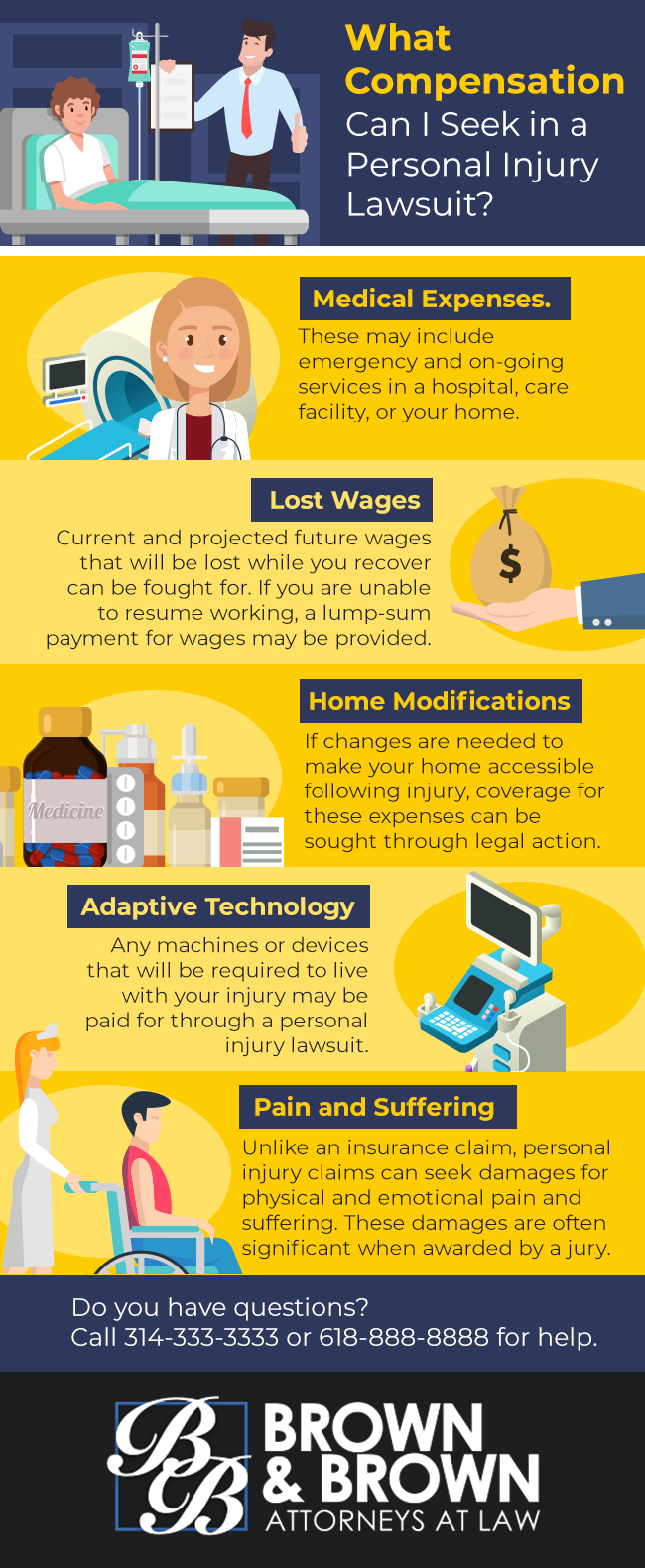A Real Estate Legal Representative'S Resource On Landlord-Tenant Legal Matters
A Real Estate Legal Representative'S Resource On Landlord-Tenant Legal Matters
Blog Article
Web Content By-Fallesen Power
When it pertains to landlord-tenant law, recognizing your rights and obligations is crucial for both events. You may assume you have a strong understanding on the essentials, however there are usually nuances that can catch you off guard. Whether you're a property manager managing a residential property or a lessee trying to find a secure home, understanding the lawful landscape can make all the difference. What could shock you are the intricacies involved in navigating conflicts and eviction procedures.
Comprehending Occupant Civil Liberties and Responsibilities
When you rent a residential or commercial property, it's vital to recognize your rights and obligations as a renter. You deserve to a safe and habitable living environment, indicating your landlord has to preserve important services like home heating, plumbing, and power.
You're likewise qualified to privacy; property owners commonly need to offer notification prior to entering your system.
On the flip side, you are accountable for paying lease on schedule, keeping the home tidy, and not creating damages past regular wear and tear.
Familiarize on your own with your lease arrangement, as it outlines particular regulations and responsibilities. Knowing these facets not only secures you but likewise fosters a favorable partnership with your landlord.
Keep informed, and you'll navigate your tenancy better.
Trick Property Manager Commitments and Legal Considerations
While you may know your rights as a lessee, it's equally crucial to understand your property owner's obligations.
Landlords need to give a safe and habitable living environment, making sure that important systems like home heating, plumbing, and electrical energy are in working order. They're additionally responsible for making necessary repair services without delay and adhering to regional building ordinance.
Additionally, proprietors need to value your privacy by giving appropriate notification prior to entering your device, typically 24 hours. how to file for power of attorney in florida should manage down payment according to state legislations, including returning them immediately after you leave, minus any kind of legal reductions.
Recognizing these responsibilities can help you keep a favorable relationship with your proprietor and guarantee your living circumstance meets lawful standards.
Browsing Disputes and Expulsion Procedures
Disagreements between property owners and occupants can develop unexpectedly, making it critical for you to understand the processes involved in solving them.
First, communication is essential-- try to review concerns straight to discover a concession. If that stops working, familiarize yourself with your neighborhood laws concerning disagreements and eviction. Document whatever: keep records of communications, settlements, and any offenses.
If eviction comes to be necessary, guarantee you follow the lawful steps required in your location, which commonly includes supplying composed notice and a specific duration for resolution.
Be prepared to visit court if the situation rises, as it may be your only recourse. Comprehending these processes will certainly help you navigate conflicts better and shield your civil liberties as either a landlord or tenant.
click to read
In recap, understanding landlord-tenant legislation is necessary for both events involved in a rental contract. By knowing your civil liberties and responsibilities, you can promote a better living environment and stay clear of conflicts. If disputes develop, remember that a realty lawyer can assist assist you with the intricacies of expulsion procedures and legal responsibilities. Staying educated and aggressive will certainly make certain a smoother rental experience, whether you're a property owner or a lessee.
